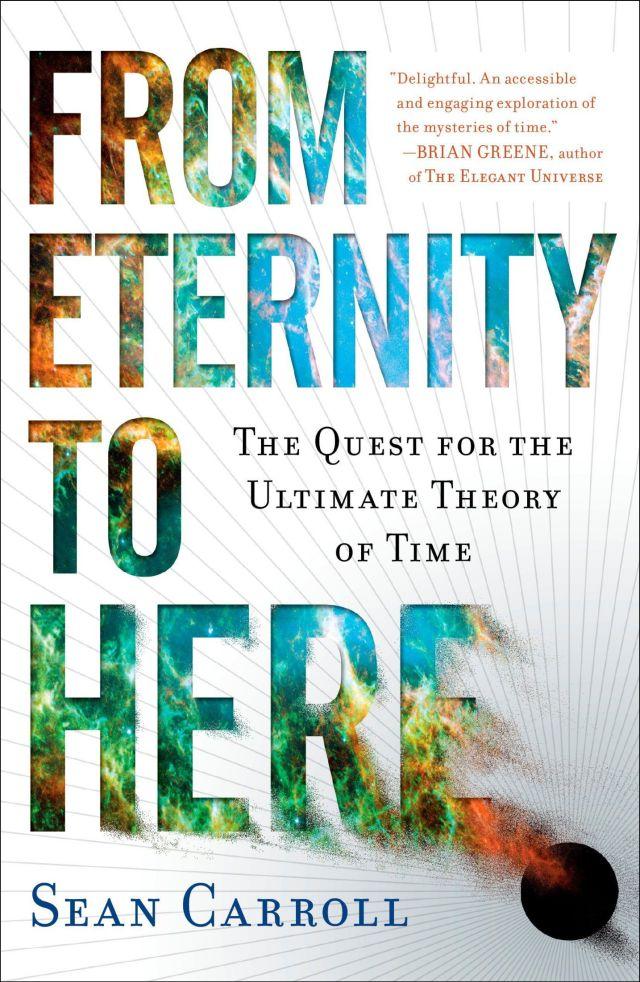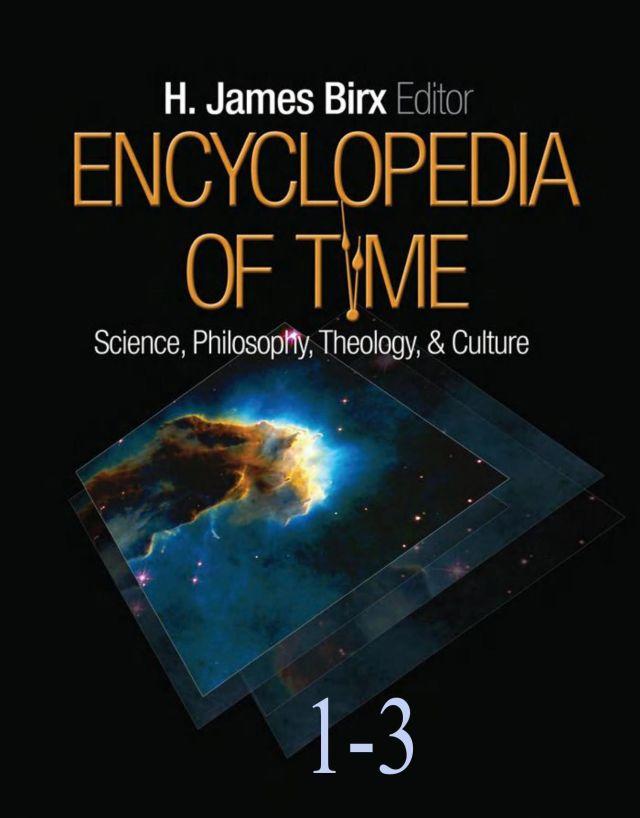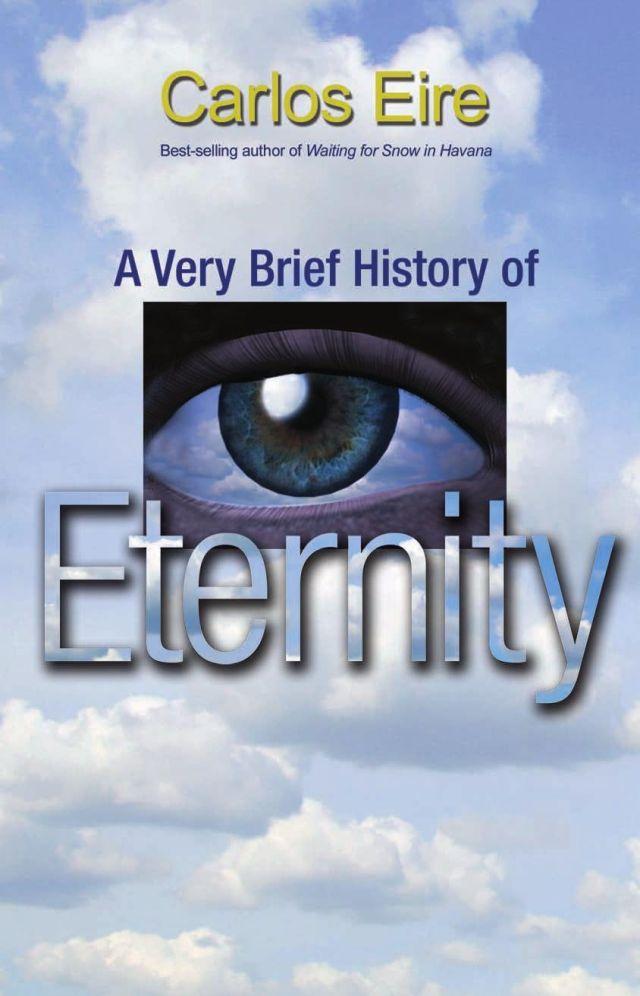What is Hackers' Pub?
Hackers' Pub is a place for software engineers to share their knowledge and experience with each other. It's also an ActivityPub-enabled social network, so you can follow your favorite hackers in the fediverse and get their latest posts in your feed.






 しゅいろ
しゅいろ
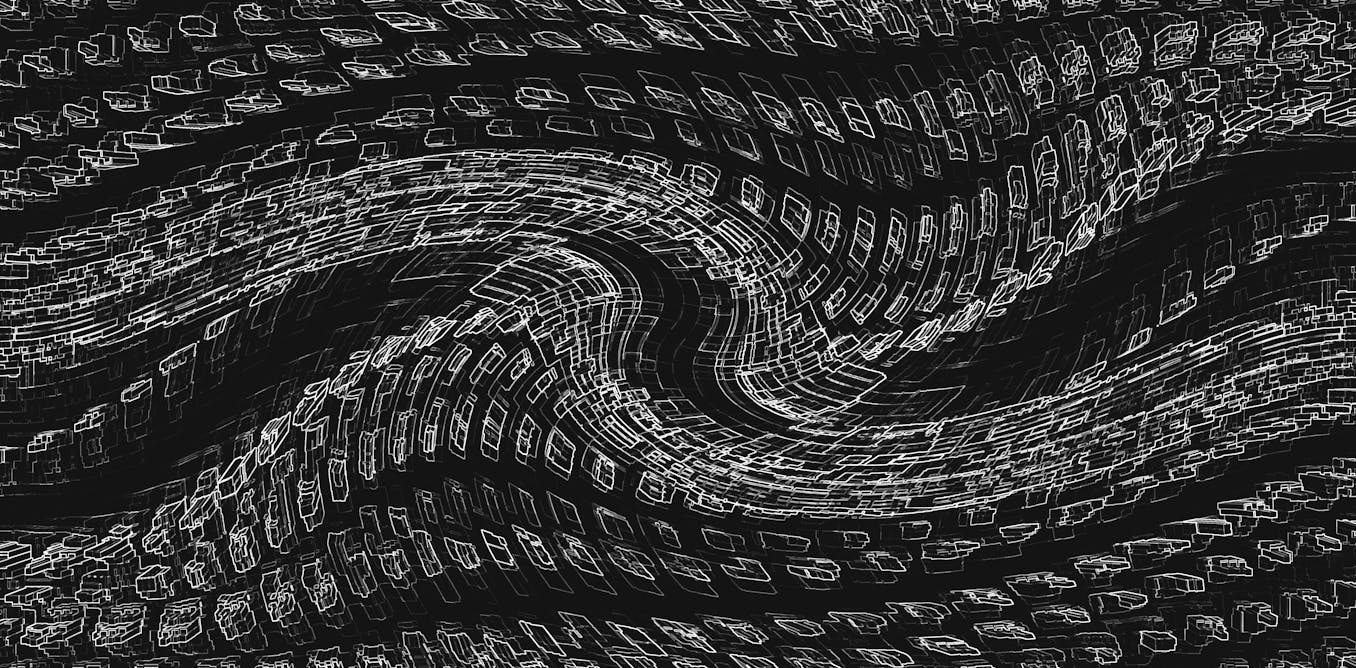




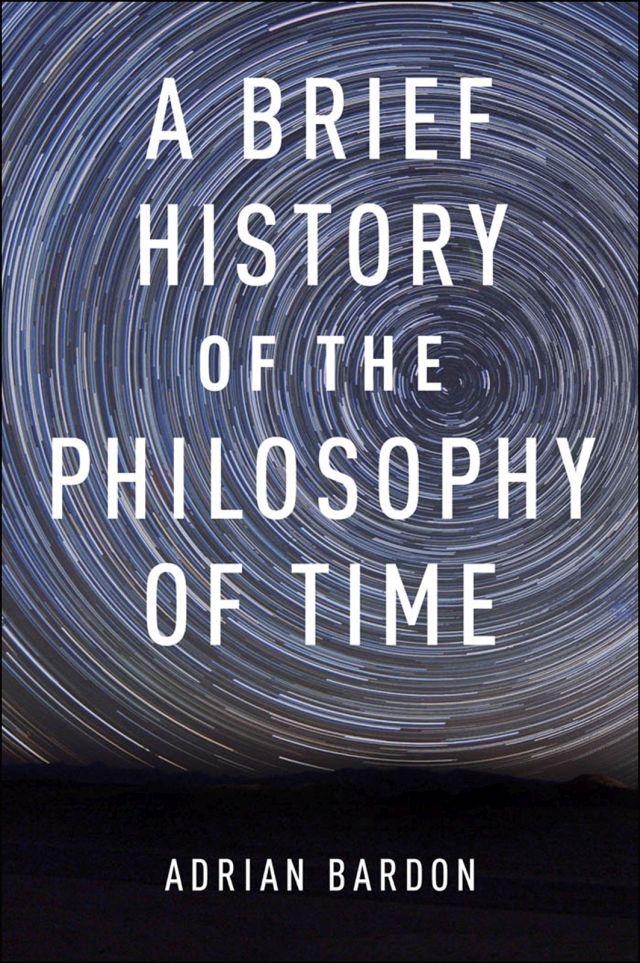
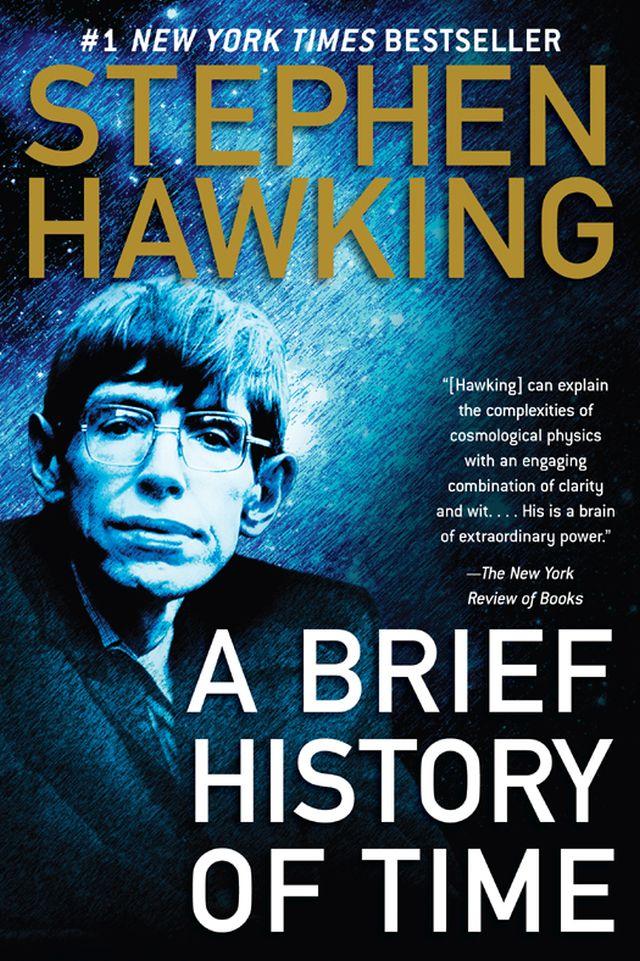
![“A fascinating and comprehensive survey of how technology – from farming to railways to telegraphy to the internet – has changed our everyday concept of time. [Frank] is excellent at showing how our ideas of human and cosmic time have evolved hand in hand ... Compelling.”
Marcus Chown, New Scientist
“Eloquent ... [Frank’s] trek through the history of humanity takes a parallel look at how we have gained a deeper grasp of the Universe during our time on Earth.”
Nature
“A phenomenal blend of science and cultural history ... Ultimately, Frank argues that recognizing our place in the ongoing narrative of the creation of cultural time and cosmic time – moving beyond the cosmology of the Big Bang (of which ‘ours’ may be one of many) – is what will allow mankind to enter a new, global era of time and culture.”
Kirkus Reviews, starred review
“This will fascinate anyone curious about the nexus of astronomy and history and, of course, time.”
Library Journal
“Frank ponders fresh ideas in cosmology ... and how the human perception of time will change in the future.”
Washington Post
“This one is a must-read! The book does a wonderful job weaving together the story of human history and time in the context of the universe. From the Big Bang to the Renaissance to cell phones to the multiverse, [Frank] takes extremely complex ideas and makes them easily digestible, endlessly fascinating, and fun. About Time will make you think.”
Culture of Science](https://files.mastodon.social/media_attachments/files/115/598/372/565/177/831/original/08f102861bdb543e.jpg)
